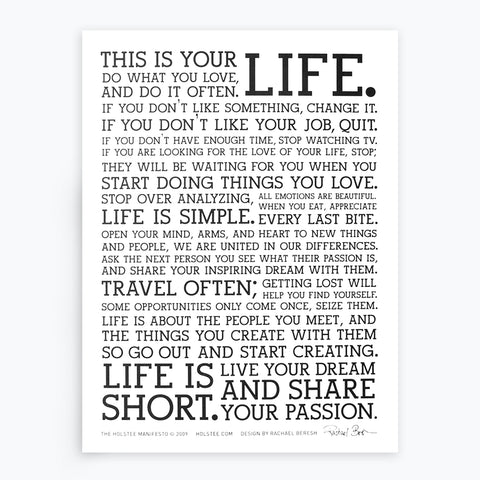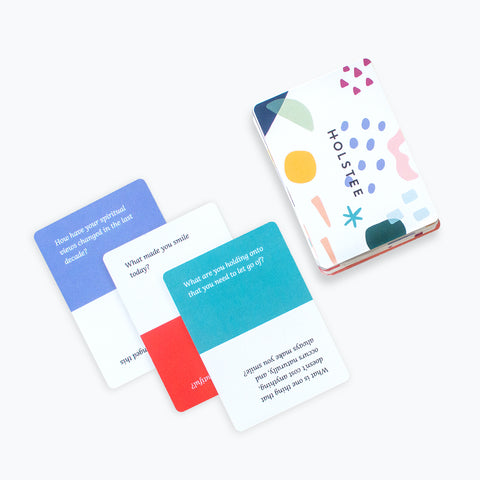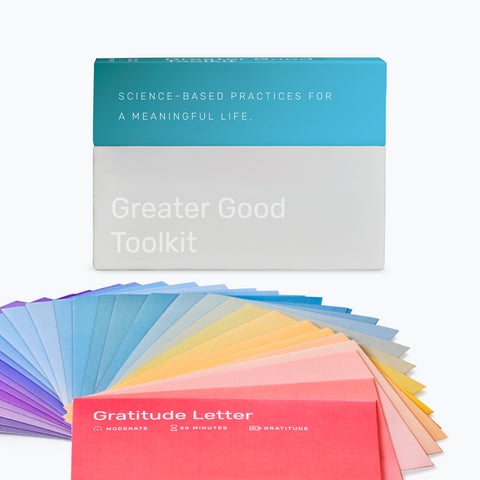It happens to me often, and usually unconsciously. I'll learn that a former colleague or classmate just bought a beautiful new house or got an exciting promotion — and immediately I'll begin to compare my life with theirs.
In the early 1950s, social psychologist Leon Festinger sought to better understand the desire that humans have to compare themselves with others. Festinger found that our “comparison targets” are most often people in our orbits, close to us in age, career, and/or background.
Our comparisons of ourselves with others typically fall into two categories:
Upward Comparison is when you compare yourself to someone in a perceived “higher” position when it comes to status, wealth, education, ability, or relationships. This might spark motivation in you (“My classmate got an A on the test...I'll study harder next time so I can, too.”) and it can also fuel jealousy (“It’s not fair that my brother gets to go on so many amazing vacations every year and I don’t.”).
Downward Comparison is when you compare yourself to someone in a perceived “lower” position. It can help you realize how fortunate you are (“Wow, I am so glad that hasn't happened to me!”). It can also lead you to be scornful or judgmental of seemingly "lower status" people who might be facing challenges unknown to you (“She needs to really get her act together…”)..
It’s enough that humans already have a tendency to make these types of comparisons, but social media takes it to the next level.
Not only does social media expose us to the lives of many more of our peers than we would be aware of without it, we see only very narrow and highly curated views of their lives.
So how can you minimize the toxic effects of comparison?
Here are three suggestions:
Compare yourself to... yourself. Define success on your terms, set your own goals, and measure progress against where you’ve been and where you want to go. Our Welcome Guide and Intention Guide have great resources to help with this.
Identify your values. When we envy what others have, it often comes at the expense of losing sight of what’s actually important to us. Don’t let societal ideas of success and happiness lead you away from your personal values. Our Integrity Guide can help you identify the values most important to you.
Practice gratitude. Gratitude offers us perspective and reminds us of all the truly wonderful things about our lives as they are. Our Gratitude Guide and Resources are great places to start!
Stay warm,

Dave Radparvar
Co-Founder, Holstee & Reflection.app
Begin your day feeling grounded and inspired.
A free 30-day email series where we share the most impactful stories and ideas that have helped us on our journey to live a more meaningful life.
✌️ Free. Unsubscribe anytime.























